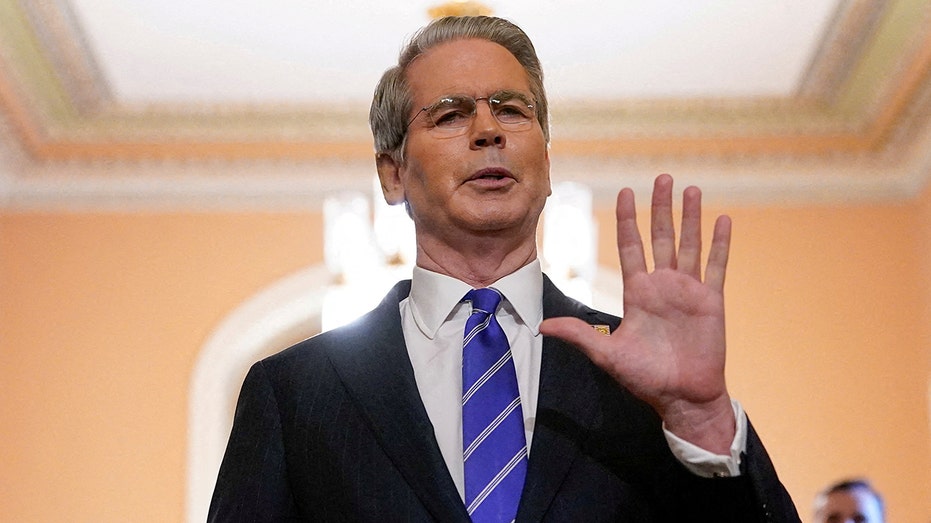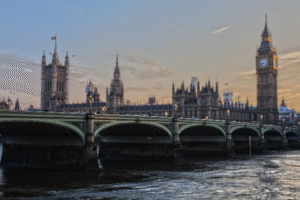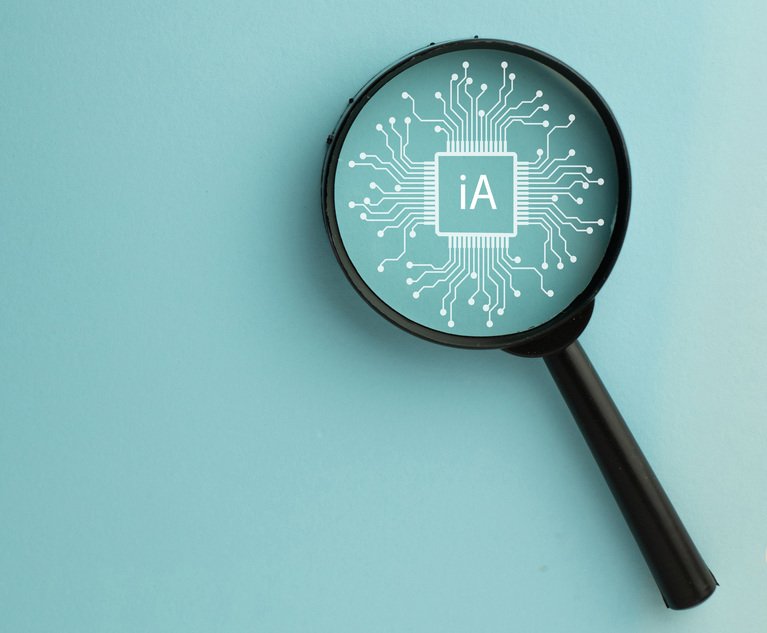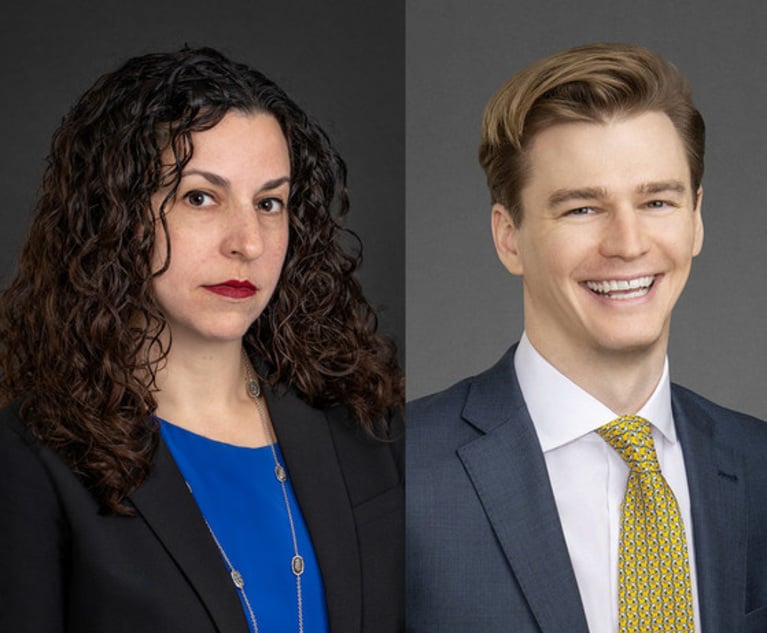As the capabilities of artificial intelligence (AI) continue to expand rapidly, legal and regulatory frameworks struggle to keep pace. The recently introduced No Artificial Intelligence Fake Replicas and Unauthorized Duplications Act (No AI FRAUD Act) proposes to protect each individual’s right to control the use of their own likeness and voice against unsanctioned use of AI-generated content. This proposed legislation seeks to fill a gap left by a patchwork of state and federal protections in intellectual property and privacy laws and regulations.
Proliferation of Deepfakes
AI-generated “deepfakes”, which are digitally generated or altered depictions of a person’s likeness, may be satirical or artistic, but can often be harmful. For example, a fabricated image of Pope Francis in a white puffer coat went viral online. More nefariously, an AI-created deepfake robocall mimicking the voice of President Joe Biden went out to voters during the New Hampshire 2024 primary election. Recently, fake digitally generated intimate images of Taylor Swift allegedly created by AI were splashed across the social-media platform X, causing injury beyond the singer’s reputation and brand.








